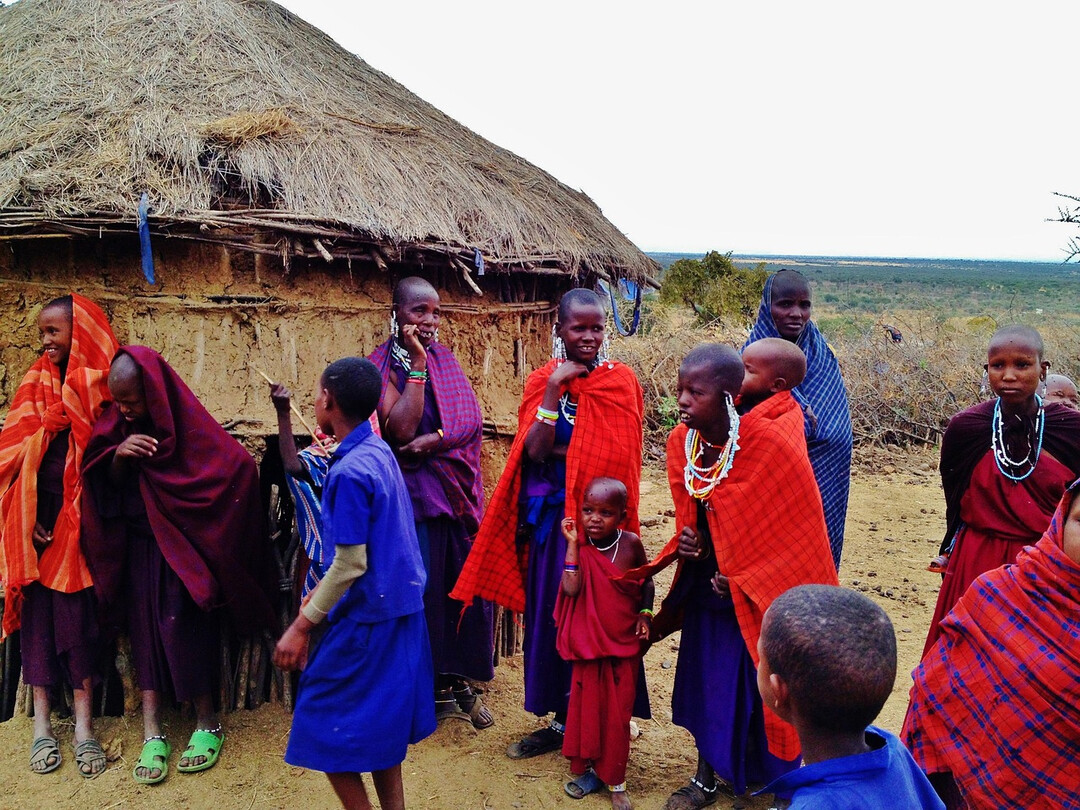
The government is establishing a bridgehead for South Korean construction companies to expand their presence in the African market by dispatching a contract support delegation to Tanzania. This is part of a strategy to diversify the overseas construction market, which has been concentrated in the Middle East and Asia, and to secure new growth engines.
The Ministry of Land, Infrastructure and Transport announced that it actively supported South Korean companies in securing overseas construction orders in the African and Middle Eastern markets by dispatching contract support delegations to Tanzania and Qatar from May 26 to 30. Tanzania, in particular, is a major trade gateway in East Africa with high growth potential, and the dispatch of this delegation is expected to be an important stepping stone for entry into the African market.
Tanzania, a Key Hub for East African Expansion
First Vice Minister Jin Hyun-hwan of the Ministry of Land, Infrastructure and Transport discussed close cooperation plans with high-ranking local government officials in Dodoma, the capital of Tanzania, during his visit. The Ministry of Land, Infrastructure and Transport has set the goal of diversifying the overseas construction market, which has previously been concentrated in the Middle East and Asia, by making Tanzania a key hub for expansion into Africa.
Vice Minister Jin met with Godfrey Kasekenya, Deputy Minister of the Ministry of Public Works, to explore cooperation in a wide range of fields, including smart city and new city development, and urban construction. Tanzania is currently experiencing rapid urbanization, leading to an increasing demand for housing and infrastructure expansion. Korea's advanced urban development experience is expected to be of great help. In fact, the Tanzanian government is pursuing large-scale infrastructure projects to alleviate traffic congestion and improve residential environments in major cities such as Dar es Salaam, which could provide attractive opportunities for South Korean companies.
Cooperation plans in housing development and spatial information were discussed with DeoGratious John Ndejembi, Minister of Land, Housing, and Human Settlements Development. Due to population growth and urban migration, the urgent task for Tanzania is to supply affordable and efficient housing. The housing supply know-how and smart construction technologies of public institutions like LH (Korea Land & Housing Corporation) in Korea could contribute to solving Tanzania's housing problems. Furthermore, the establishment of precise spatial information is essential for improving the efficiency of urban planning and development, suggesting a positive outlook for the export of Korea's spatial information technology.
During a meeting with David Kihenzile, Deputy Minister of the Ministry of Transport, cooperation plans for railway infrastructure were discussed. Tanzania is actively expanding its railway network to promote trade within the East African Community (EAC). In particular, the standard gauge railway (SGR) construction project to improve the efficiency of inland logistics could be a significant business opportunity for Korean companies. Tanzania is accelerating the construction of SGR connecting Dar es Salaam Port and inland areas, and considerable synergy is expected if Korea's railway construction technology and experience are integrated into this project. In addition, Vice Minister Jin requested support for the International Civil Aviation Organization (ICAO) Council election, implying that cooperation in the aviation sector could also expand.
Listening to Challenges and Exploring Support Measures Through Local Business Meetings
The Ministry of Land, Infrastructure and Transport held meetings with companies that have entered the market in Tanzania and Qatar to directly listen to their business challenges and suggestions. Such meetings play an important role in identifying practical difficulties encountered in overseas construction sites and exploring concrete government-level support measures. It is expected that companies mainly raised difficulties in local financing, complex licensing procedures, and issues with local labor supply.
Based on the information obtained through this dispatch, the government plans to formulate customized support strategies for securing overseas construction orders. This may include expanding financial support, strengthening information provision, and establishing cooperation channels with local governments. In particular, in developing markets such as Tanzania, project discovery through government-to-government (G2G) cooperation is crucial, and the dispatch of this contract support delegation also serves as a cornerstone for such G2G cooperation.
The Necessity of Diversifying the Overseas Construction Market
Korea's overseas construction orders recorded approximately $33.3 billion in 2023, exceeding $30 billion for two consecutive years. However, the reliance on the Middle East and Asian regions remains high. Although the increase in orders has been driven by large-scale infrastructure investments in Middle Eastern countries like Saudi Arabia and the UAE, global economic uncertainties and changes in international affairs indicate that excessive reliance on specific regions can be risky.
Africa is emerging as a new growth engine for the world economy, and with rapid population growth and urbanization, there is an explosive increase in demand for large-scale infrastructure construction. According to the World Bank, the infrastructure investment demand in sub-Saharan Africa amounts to approximately $93 billion annually, but the actual investment falls far short of this. This represents an opportunity for Korean companies to enter a blue ocean market.
Tanzania, in particular, is strategically located in the heart of East Africa, serving as a major transit route for logistics heading to landlocked countries such as Rwanda, Burundi, Uganda, and the Democratic Republic of Congo. This geographical advantage, coupled with a stable political situation and abundant natural resources, makes Tanzania an attractive hub for entering the African market.
Starting with the dispatch of this contract support delegation, the government is expected to continue its efforts to diversify the overseas construction market. It is necessary to expand interest and investment in emerging markets beyond Africa, such as Central Asia and Latin America, to strengthen the competitiveness of Korean companies in overseas construction and further solidify their position in the global construction market. Attention is drawn to whether Korea can write a new success story in the African market based on its advanced technology and construction experience.
[Copyright (c) Global Economic Times. All Rights Reserved.]






























